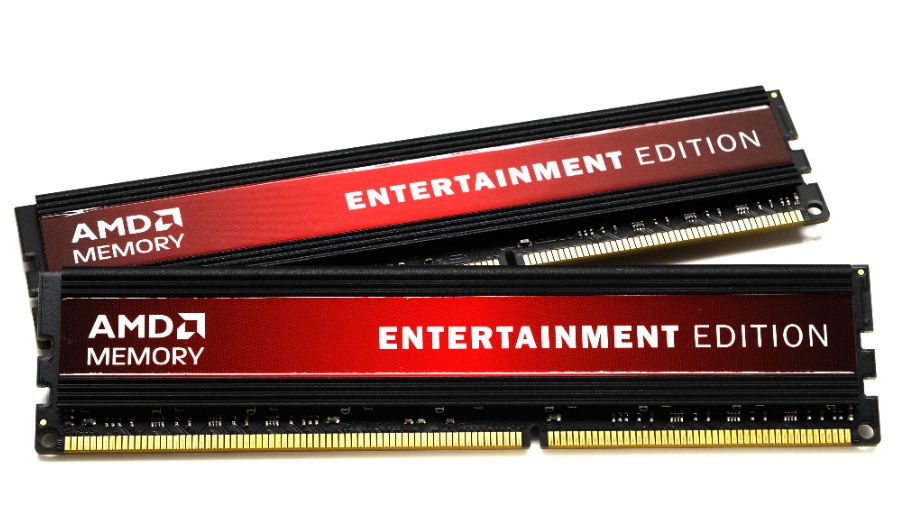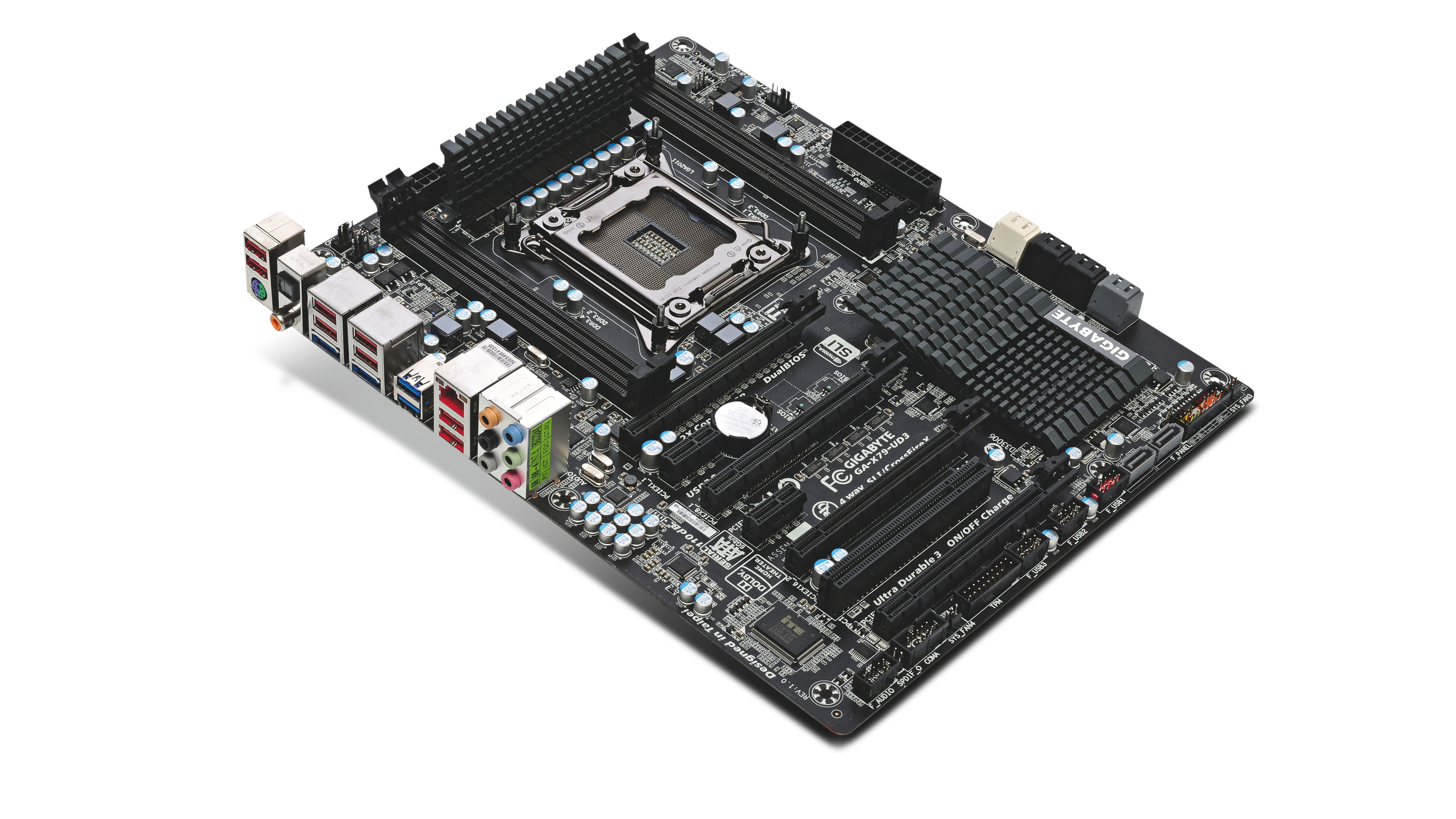Why PC memory no longer matters
Modern PC processors no longer need RAM with fancy frequencies

The last couple of weeks have seen me benchmarking the bejesus out of the latest and greatest DDR3 memory kits for desktop PCs. And I can no longer deny it. Memory no longer matters.
If I'm honest, I've known it for a while. But it's taken some systematic spanking of multiple memory kits to put the notion completely beyond doubt. Admittedly, a little qualification is required. You do need to have enough memory. 8GB is plenty and can be had for as little as £35. And there are still a few dud kits out there. But that's about it.
The explanation, of course, mostly comes down to the trend towards consolidating more and more features into the CPU die. AMD and particularly Intel are bunging everything into CPUs.
The end game is the so-called SoC or system on a chip where pretty much everything of any significance is packed into a single computer chip. Historically, SoCs have been the weapon of choice for anything that needs to be very cheap or very small. Think set top boxes and mobile phones.
We're still a few years off achieving SoCs in PCs. But today's mainstream Intel CPUs, for instance, pack everything from a memory controller to a PCI Express bus and even a slightly shonky graphics core.
When it comes to system memory, the most significant part of that consolidation process is the memory controller. Take it off the motherboard and stick it on the CPU itself and bandwidth gets a big boost.
Even at default memory frequencies – currently 1,333MHz - there's more than enough bandwidth to feed the latest multi-core processors. That's true for the latest AMD and Intel processors with dual-channel controllers. They serve up as much as 20GB/s or more of raw bandwidth.
Get daily insight, inspiration and deals in your inbox
Sign up for breaking news, reviews, opinion, top tech deals, and more.
As for Intel's newish X79 high end platform and its quad-channel architecture, it's total overkill. In terms of desktop applications, it performs just as well in dual-channel mode as quad-channel mode.

The other change that's marginalised RAM in the performance-critical stakes is the shift from CPU buses to multipliers for overclocking. Tweaking buses had knock-on effect on memory. Increasing CPU clockspeeds via the multiplier does not. So you don't need fast memory to hit high clocks any more.
All of which makes memory kits with fancy heat spreaders, fast frequencies and exotic latencies seem rather silly. At this point, somebody will point to a benchmark somewhere on the web showing a 1.2794 per cent performance improvement when you upgrade from standard 1,333MHz RAM to some low latency 1,866MHz clobber.
And it's true, RAM can improve system performance marginally. But I would absolutely positive defy anyone to take a Pepsi blind challenge and identify which PC was running which memory. It's just not possible.
However, if all this sounds like the end of days for premium memory makers, there's hope on the horizon. Funnily enough, it takes the shape of the SoC trend, again. If modern CPUs have all the bandwidth they can eat, graphics cores are another matter. Right now, the integrated 3D cores included in some CPUs are pretty pathetic. But even they can saturate a CPU's memory bandwidth.
AMD, for instance, claims the graphics performance of its A8-3850 Fusion processor increases by as much as 20 per cent courtesy of the leap from 1,333MHz to 1,600MHz memory. When you think that the cost difference might only be a few quid, it's a no brainer.
Technology and cars. Increasingly the twain shall meet. Which is handy, because Jeremy (Twitter) is addicted to both. Long-time tech journalist, former editor of iCar magazine and incumbent car guru for T3 magazine, Jeremy reckons in-car technology is about to go thermonuclear. No, not exploding cars. That would be silly. And dangerous. But rather an explosive period of unprecedented innovation. Enjoy the ride.